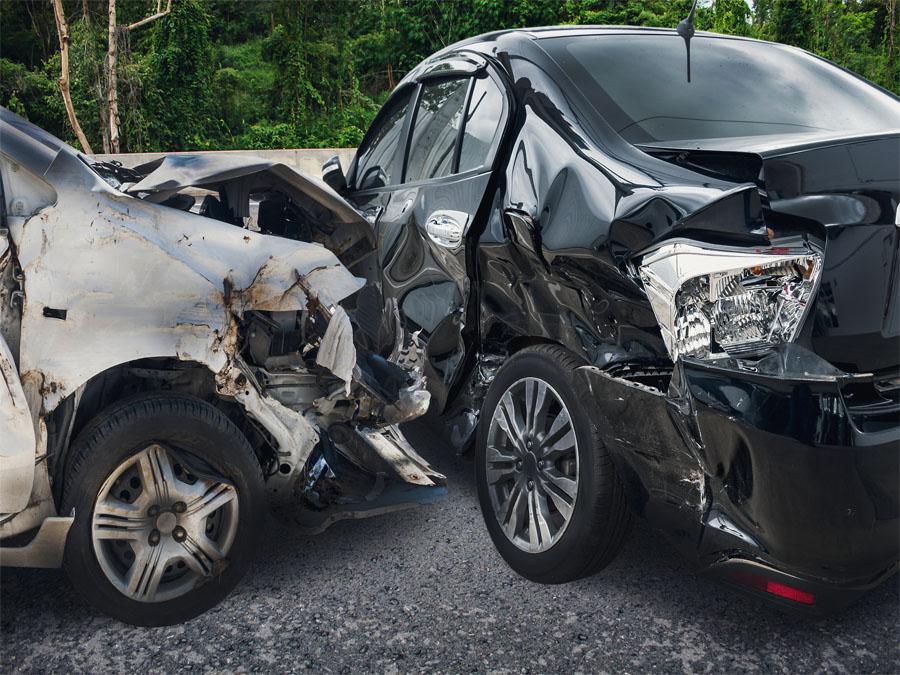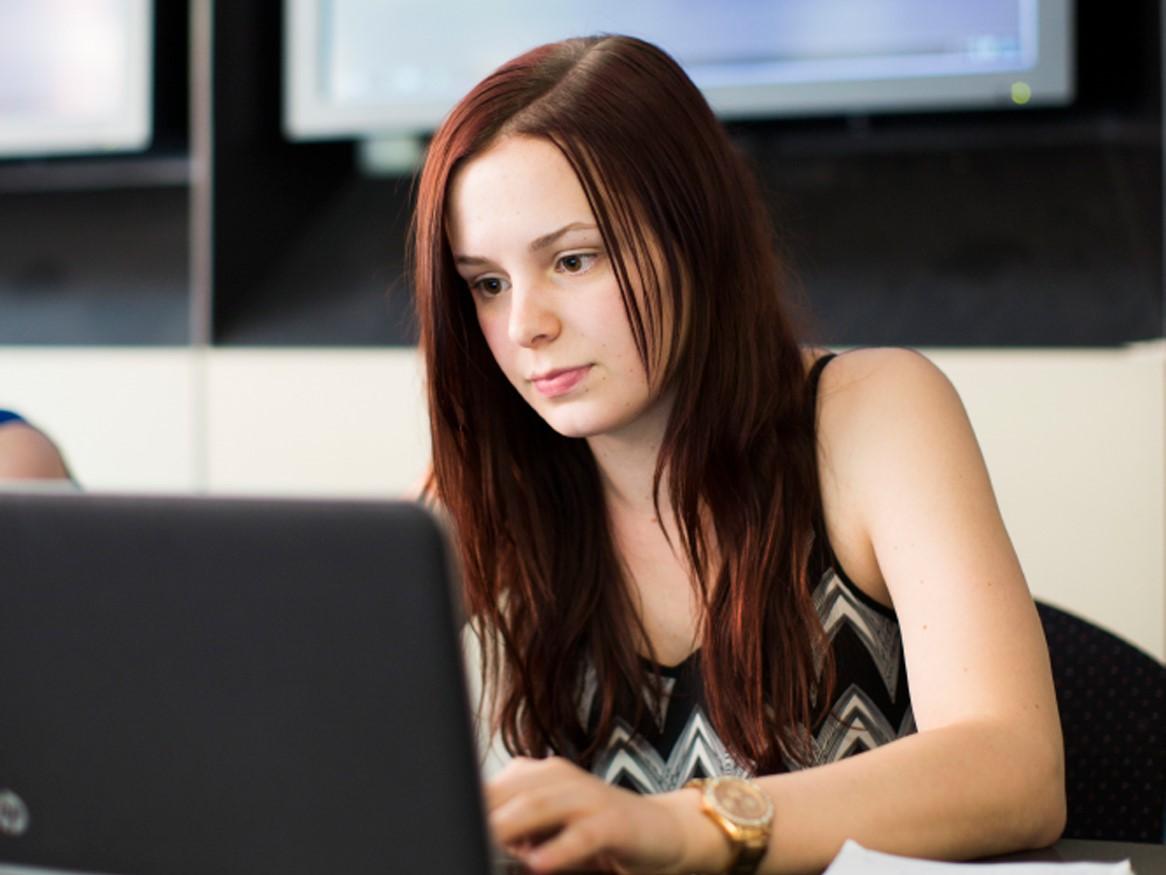Understanding Crashes
Our Understanding Crashes investigation team’s research seeks to better understand the causes, characteristics and injury patterns associated with crashes, so as to assist in developing solutions and ultimately reduce road trauma.

Road crashes are preventable. They are complex events, usually resulting from multiple factors. Our Understanding Crashes researchers are particularly focused on understanding:
- why road crashes occur
- how those involved in them come to harm
- the relative contribution of people, vehicles, roads and speed management to crash causation, injury patterns and potential solutions.
Our research ultimately benefits all road users. It is of greatest immediate relevance, however, to companies, organisations and government bodies that use the unique, real-world data we collect to inform:
- effective ways to reduce harm in the community
- road safety policy and practice in regard to enhanced vehicle design, improved infrastructure design and safer road users
- risk management strategies for fleet-driving staff.
-
Research Impact
Traffic injury is the leading cause of death in Australia for children under 15, and the second biggest killer for young adults aged 15 to 24. In 2017, 1,225 people were killed on Australian roads.
With this in mind, our researchers aim to reduce injury crashes on our roads, and are working towards a long-term aspiration of zero fatalities and serious injuries.
To obtain a better understanding of crashes, our researchers collect, analyse and interpret high-quality data from a variety of sources, including:
- in-depth crash investigation conducted at the scene
- serious-injury hospital data for all types of road users (linked to police reports, forensic data, alcohol and drugs, and licensing data)
- Coroner’s case reports for fatal crashes
- video footage of real on-road crashes
- video footage of everyday driving activity (Australian Naturalistic Driving Study ).
Our findings have contributed significantly to improving safety on Australian roads, through both broad-based and user- or site-specific measures. For example, our:
- research into roadsides’ safety used in-depth crash investigation data to show the current approach of creating clear zones was still allowing serious crashes to occur, and that flexible roadside and centre barriers offered a better solution. This has supported changes to engineering guidance in state and national documents.
- in-depth crash investigation data has been used to predict the safety benefit of new technologies—such as autonomous emergency braking and cooperative intelligent transport systems—by modelling impact of technologies on real-world crashes. This has helped governments, third-party insurers, and consumer information services to confidently promote these technologies.
- ongoing analysis of medical data related to people admitted to hospital following a crash has shown chronic medical conditions and acute medical events are significant factors in crashes (contributing to causation in 10-13% of South Australia’s serious-injury crashes). Their unique methodology has led to a new understanding of medical conditions’ on-road impact, and has changed the way researchers viewed the factor on an international level.
- investigations into fatal and serious-injury quad-bike incidents is currently being used to support a push for changes to quad-bike safety legislation in Australia.
-
Consulting Services
Internationally recognised and with over 30 years’ experience, our independent professional advice is regularly sought by government and industry in Australia and overseas. This includes in areas such as:
- in-depth crash investigation
- data collection and linkage
- injury analysis
- vulnerable road users (e.g. cyclists, motorcyclists, pedestrians)
- medical fitness to drive
- impaired driving (alcohol, drugs, driver fatigue)
- infrastructure design and evaluation
- quad bike safety.
We are also able to provide expert tailored crash investigation training.
-
Our researchers
We have expertise across a wide range of areas. Many of our researchers are available to assist with research project supervision for Master of Philosophy and Doctor of Philosophy students.
Research team Expertise Dr Lisa Wundersitz Behavioural studies; Safety communications; Workplace safety Sam Doecke Speed and crash risk; Crash reconstruction; Event data recorders Dr Christopher Stokes Safe system speed policy; Speed limits; Speed reductions through infrastructure treatments Dr Mario Mongiardini Naturalistic driving data; Crash modelling; Infrastructure evaluation To enquire about consulting services or working with us on a research project, please contact:
-
Collaborations
We collaborate with various industry and government organisations, including:
- ACT Government
- Austroads
- Department of Planning, Transport and Infrastructure
- French Institute of Science and Technology for Transport, Development and Networks (IFSTTAR)
- Main Roads WA
- Malaysian Institute for Road Safety Research
- Motor Accident Commission
- Nihon University (Japan)
- NRMA
- Queensland Department of Transport and Main Roads
- RACV
- SA Health
- SA Power Networks
- South Australia Ambulance Service (SAAS)
- South Australian Police
- Thai Government Office of Transport Planning
- Transport for New South Wales
- Transport Research Centre (Czech Republic)
- VicRoads
Higher Degrees by Research
Whether you intend to work in research or industry, a higher degree by research can give you a competitive edge throughout your career. Find out more about studying a Master of Philosophy or Doctor of Philosophy.

